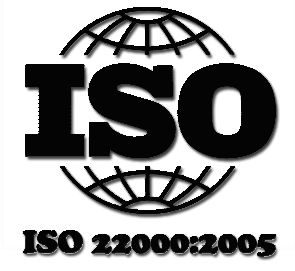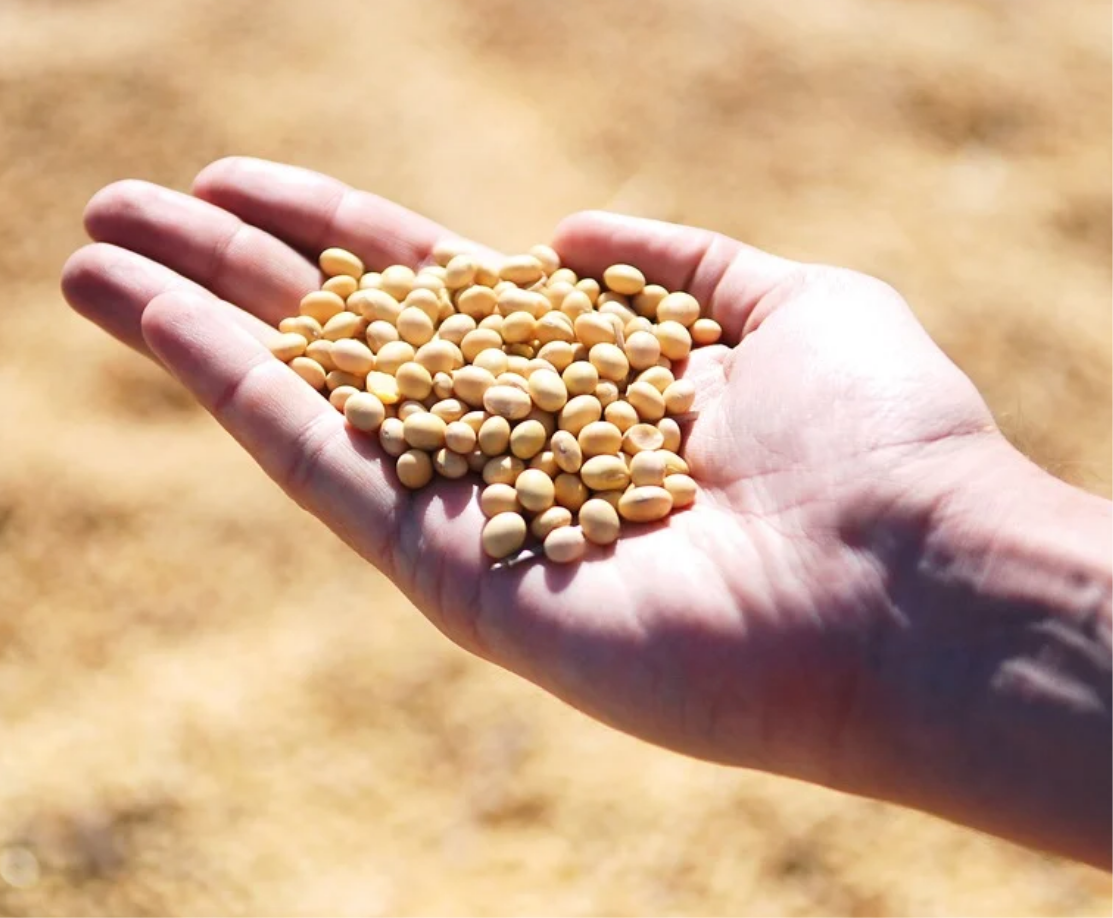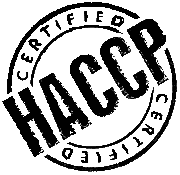HACCP, ISO QUALITY ASSURANCE SYSTEMS
Food safety system ISO 22000
It is now a given that every company operating in the sensitive field of food, should be responsible for the products it produces and distributes and should implement, maintain and review all the necessary procedures related to food safety and hygiene and products, as provided by the relevant Greek and Community Legislation.
What is ISO 22000:
ISO 22000 is the most recognized and complete solution in the field of food and their products. It is a Product Safety and Hygiene Management System that includes the concept of HACCP (Hazard Analysis & Critical Control Points), the traceability and the implementation of the legislation related to each type of food, while the way it is designed, makes it compatible with other management system standards such as ISO 9001, and ISO 14001, so that different management systems can be integrated into a single integrated management system.

It aims, through the identification, evaluation and analysis of all stages of the production process, to effectively control and prevent all potential risks, so as to minimize or reduce their presence to acceptable levels. ISO 22000 is a standard that acts proactively and does not examine quality characteristics, but focuses on food and product safety.
Applied:
ISO 22000 is applied to all companies directly or indirectly related to the food chain: From the primary sector and the production of feed, food, processing, storage, transport, distribution, retail and distribution of food to the consumer, as well as to companies that provide services or supply with equipment, packaging materials, cleaning and disinfection materials, etc. food businesses.
The benefits of ISO 22000 for business:
The benefits of implementing an ISO 22000 Food Safety Management System include:
- Provide proof of compliance with legal requirements for safe food.
- Risk prevention, elimination of defective products and especially those that may be related to serious quality consumer complaints (food poisoning, etc.), ensuring customer satisfaction and trust.
- Protection and strengthening of the brand name and good reputation of the company. Powerful marketing weapon.
- Reduction of production and operation costs due to the reduction of discarded product batches.
- Improving competitiveness and consequently increasing market share through international recognition of certification.
- Increase turnover by increasing sales and expanding profitability.
- Alignment with European standards for overseas operations with clients requiring management services and systems certified to international standards.
- Dynamic communication with other organizations in the food chain, competent authorities and other stakeholders.
- Resource management optimization.
- Identify sources of problems in a timely manner and address them easily and quickly.
- Reduction of know-how losses.
- Improving interdepartmental relations and internal communication in general and increasing staff satisfaction.
- Improving the overall operation of the business by introducing clear and documented procedures / processes and work instructions.
The policy of Agromechaniki Volos SA is based on its substantial cooperation with companies and the provision of specialized and effective solutions in matters of organization, implementation and monitoring of Product Safety and Hygiene Systems.
The company also provides consulting support from the initial stage of design and development to the final certification of a system, properly selected and adapted to the requirements and needs of the company.



ISO 9001 Quality Management Systems
The ISO 9001 standard specifies the general requirements for the development, implementation and improvement of the operation of a business, in order to meet the requirements of customers. The ISO 9001 standard can be applied by any organization that wants to improve its operation, regardless of its size or the sector in which it operates, while it is the most widespread management standard in the world. By 2010, 1,000,000 certificates had been issued worldwide.

The application of the ISO 9001 standard in the daily practical operation of a company emphasizes the importance of the following:
- Providing confidence to the customer that the product and / or service provided meets the mutually agreed requirements as well as the applicable laws and regulations.
- Reduce costs through more efficient operation and increase productivity.
- Continuous increase in the satisfaction of the expressed and future needs of both customers and stakeholders (staff, shareholders and social environment).
- Implement continuous improvement measures in order to continuously improve the company’s activities.
- Creating a competitive advantage and attracting new customers and investors in international markets.
- Optimizing the performance of the Company’s corporate results, combined with the required resources, in order to maintain its competitiveness in the global financial environment.
HACCP Basic Food Safety Procedures and Programs
What is it?
Hazard Analysis and Critical Control Point (HACCP), or as it translates in Greek, Hazard Analysis and Critical Control Points is a systematic approach which is based on the principles of Codex Alimentarius (Food Code) and aims to identify the key points (Critical Points). ) to prevent, limit or eliminate all possible physical, chemical and biological hazards that may occur in a foodstuff during its production process.

Who is it for?
Aimed at all companies and organizations (private and public) of any size involved in the production, processing, packaging, storage, transport and marketing of food and feed.
How is it implemented?
The development process is summarized in the following basic stages:
- Assessment and improvement of logistical infrastructure in accordance with the requirements of legislation and international food safety rules
- Establish a HACCP team that will have the knowledge and experience to develop and implement an effective HACCP system
- Product Description and Determination of Expected Use
- Flowchart design that includes all stages of product production
- Flowchart verification during production process
- Identify and evaluate all potential hazards that may arise and identify precautionary measures to control them
- Identify those points where control is necessary to limit within acceptable levels the risks that may arise (CCPs: Critical Control Points)
- Defining critical limits to be met to ensure that every CCP is under control
- Install a monitoring system for each CCP
- Establish corrective actions to be taken in the event that the monitoring system indicates that a particular CCP is out of control
- Identify verification procedures that confirm that the HACCP system is working effectively
- Install an efficient HACCP filing and recording system
- Staff training
Is it difficult to apply?
Although the development of a HACCP system requires the involvement of specially trained staff or the cooperation of a qualified consultant, its implementation can be quite easy. HACCP systems are the most flexible food safety management systems and can be implemented by very small businesses, enabling the preservation of even the traditional character.






